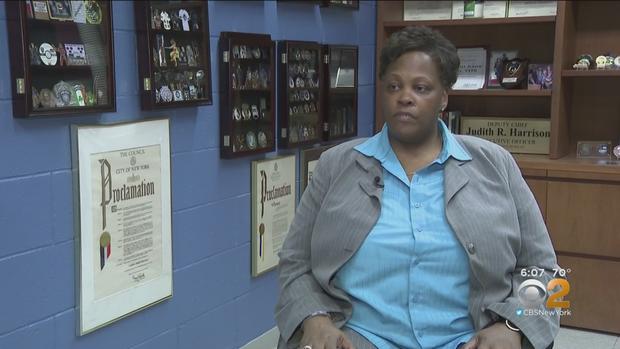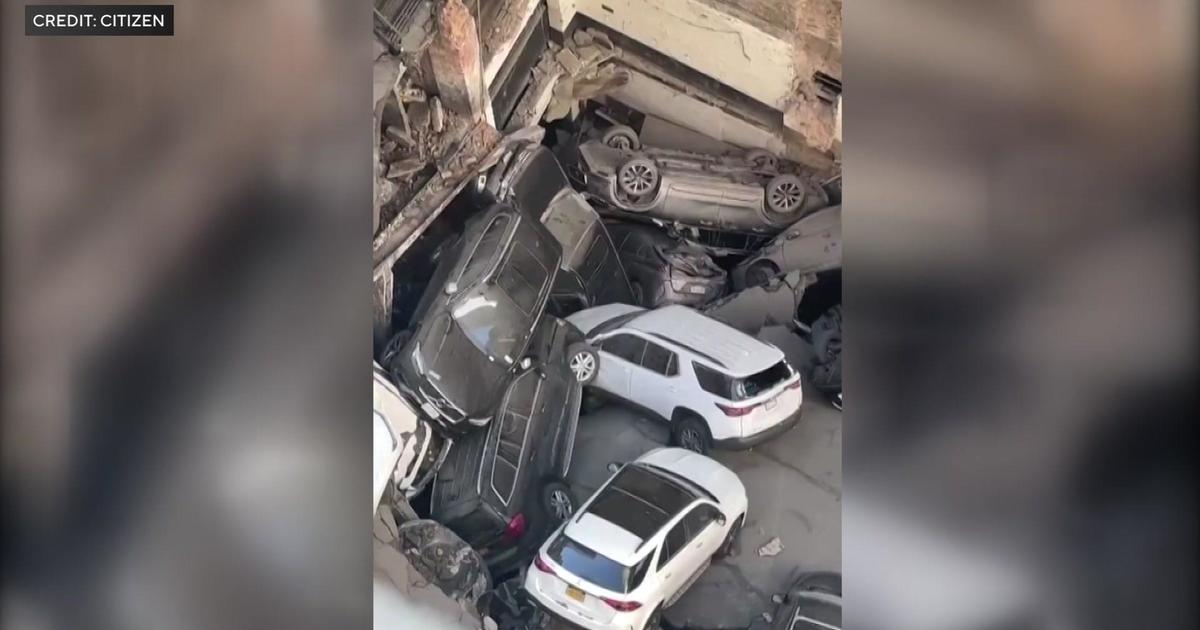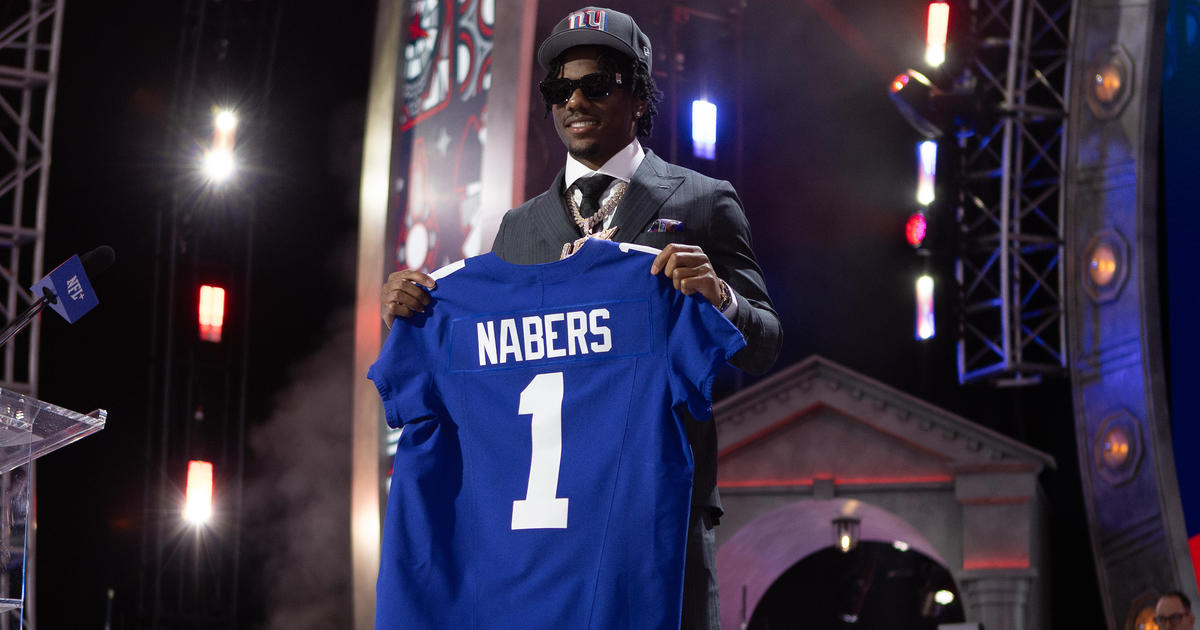CBS2 Exclusive: NYPD Deputy Chief Judith Harrison On Changes At The Special Victims Division
NEW YORK (CBSNewYork) - After months of turmoil and a massive shakeup of its Sex Crimes Unit, the NYPD is reporting a decrease in rapes.
But for the woman brought in to change the way police handle what is still an under-reported crime, the work has just begun.
CBS2's political reporter Marcia Kramer got an exclusive sit-down with the head of the NYPD's Special Victims division.
"You're dealing with a very difficult crime," said Deputy Chief Judith Harrison. "You have to ask difficult questions."
Harrison spoke with Kramer about her new job as the chief of the Special Victims Division, a unit she was brought in to overhaul after a blistering DOI report found that the NYPD had neglected the unit, left it understaffed and under-resourced for nearly a decade.
"We looked at a myriad of things... We've increased personnel. We've enhanced facilities, really with the overall goal of making the survivors' experience the focal point of our change.
Pictures of the new Bronx special victims unit show Harrison is making strides in creating new environments where rape victims feel safe in talking about the trauma they've been through. She's also hired more staff, adding 34 investigators, a move she's proud of.
Former DOI Commissioner Mark Peters, who is now CBS2's urban affairs analyst, questions why SVD still relies heavily on patrol officers, called "white shields," instead of detectives to investigate rape cases. Eighty three of the 253 investigators are white shields, 12 are first grade detectives, the rest are second and third grade detectives.
"White shields are not adequate," Peters said. "Those are not fully trained detectives. They're patrol officers, and the problem with using people who are not fully trained detectives is that interviewing the victims of sex crimes is an extremely difficult job that requires a lot of training."
Harrison is also coping with the fallout of the #MeToo movement, and headline-grabbing stories about Hollywood mogul Harvey Weinstein and a long list of movie and tv stars. She disagrees with Peters.
"The police officers we bring in to Special Victims are people who've proven themselves in other positions," Harrison said.
"What would you say to critics who say the fact that about a third of your staff are white shields and not detectives, they say that is not a good thing? What would you say to those critics?" Kramer asked.
"I think it's a very good thing. We train these police officers. We assign them to peers," Harrison said. "They're eager. They want to be here. This is very difficult work, and when you find people who actually want to be here... those are the best people."
Harrison says she became a cop to make people feel safe. She was a latchkey kid who got a dose of special protection from the cops in her local precinct who checked up on her and her brother while her mom worked three jobs. She says they made her feels safe, and now she wants to do that for others.




